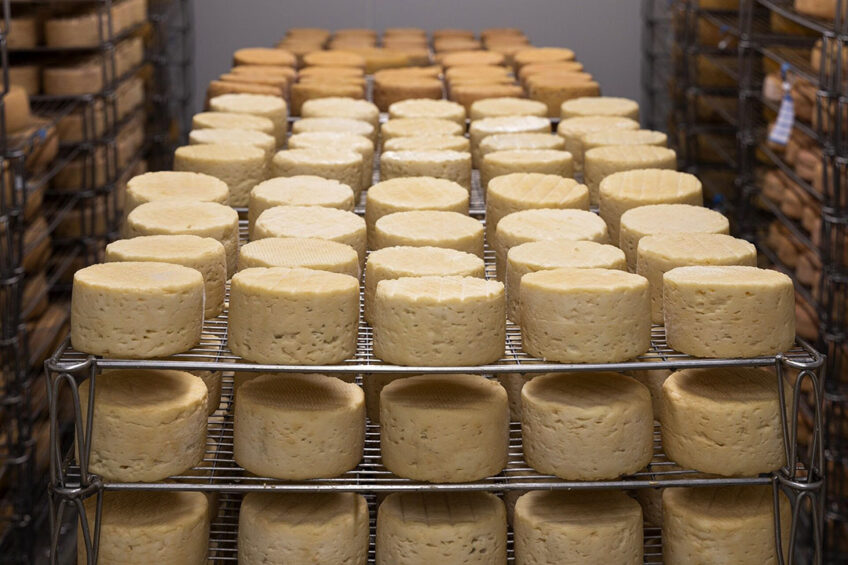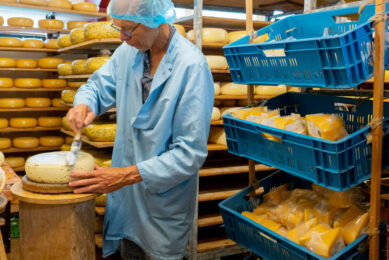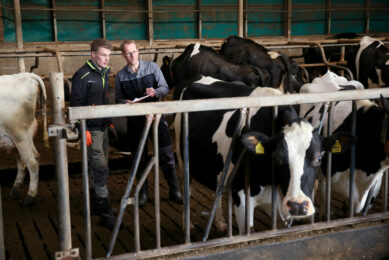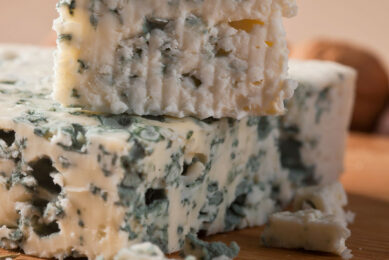Russia’s largest cheese operation nears completion

Most construction works at the territory of the Cheese Valley project near Moscow have been completed – the cluster is slated to become operational in December of 2021.
Sergey Voskresenvky, Agricultural Minister of Moscow Oblast, confirmed the status of the operation in a statement. Cheese Valley is expected to be Russia’s largest cheese-producing complex. As explained by Voskresenvky, it is built in a unique cluster format, under which dozens of independent producers plan to join their forces to establish a single infrastructure for communal use.
Russia’s dairy sector firm in the face of Covid-19
Despite the back and forth of quarantine restrictions in Russia to slow down the spread of the Covid-19, domestic dairy production keeps growing. To some extent, this is associated with state aid. Read more…
Moscow biggest cheese producer
The project is expected to make Moscow Oblast the Russian biggest cheese producer, the regional officials claimed.
“Today, we rank second in terms of cheese production in the country following Altai Krai. To beat them, we are only short of 6,000 tonnes of cheese production,” Voskresenvky said.
In 2020, Moscow Oblast produced 60,000 tonnes of cheese. The designed production capacity of Cheese Valley is 20,000 tonnes of cheese and 16,000 tonnes of milk whey per annum. According to Voskresenvky, these figures must be achieved by the end of 2022. In the future, the authorities target to ramp up production by attracting more companies to this project.

The new project should also make Moscow Oblast the country’s biggest cheese-exporting region. “In January-February of 2021, the region exported 700 tonnes of cheese for $1.8 million, making 39.3% from the Russian overall cheese export. Moscow Oblast is the second-largest cheese exporter after Rostov Oblast,” Voskresenvky said.
However, Cheese Valley is expected to primarily serve the needs of a 12-million Moscow population. The country’s capital reportedly has the highest level of per capita cheese consumption among all Russian regions.
Dairy product markets
Dairy Global offers readers access to the futures market a clear overview of prices for: raw milk, dry whey, skimmed milk powder, cheese and butter. Stay up-to-date…
New products
Cheese Valley will produce a broad range of cheese products, some of which are in short supply on the Russian market.
The authorities also plan to launch a new laboratory within the cluster to conduct quality control of all components starting from raw milk. All products will carry a quality mark, among other things informing customers that they are produced without using palm oil, which is notoriously known to be widely used in falsified cheese products in the past several years.
The cluster’s overall investment cost is estimated at Rub2.5 billion ($35 million), although it is likely to grow in the future. All residents have been granted from 1 to 3 ha of land under their production facilities, free access to the engineering infrastructure built by the regional government, and a 20% subsidy on capital costs.
Join 13,000+ subscribers
Subscribe to our newsletter to stay updated about all the need-to-know content in the dairy sector, two times a week.










